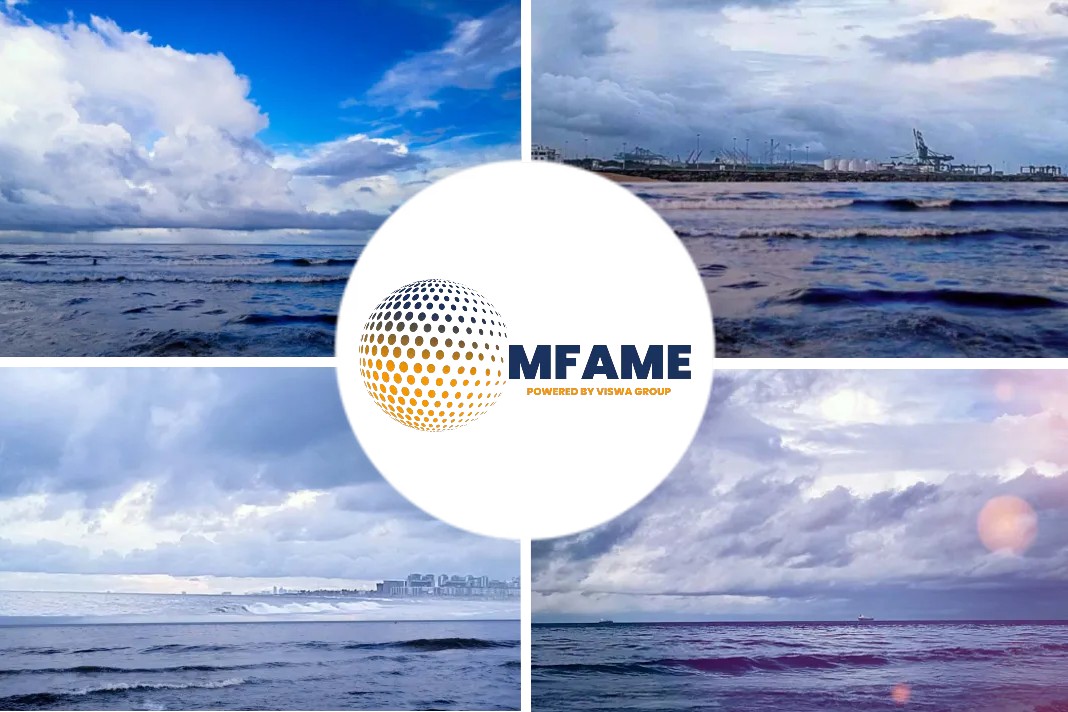According to a recent World Wide Fund (WWF) for Nature report, the Mediterranean Sea has become one of the worst plastic-polluted seas on Earth. The massive accumulation of microplastics has a serious impact on the Mediterranean sea, threatening about 134 marine species, including whales, turtles, and seals, reports Marine Insight.
About the report
Per the report drafted by the Alfred Wegener Institute for Polar and Marine Research, the Mediterranean Sea has crossed the concentration limit of microplastics from which “ecological” threats may result.
Damage to marine ecosystem
The long-term ill effects of pollution originating from plastic remain unknown, but as research has proven, the entire marine ecosystem suffers significantly, which makes us think that species, which are commercially important for human consumption will also suffer the same consequences.
Eirik Lindebjerg, a WWF manager, has said that over a hundred species in the Mediterranean Sea are victims of plastic pollution. Sea turtles and seabirds are some of the most affected creatures due to their ingestion of plastic materials.
Other marine ecosystems like coral reefs, which supply vital elements for human populations and marine species, are threatened.
Right now, there is no evidence that consuming Mediterranean fish can be harmful. However, the destruction of ecosystems poses an economic risk for the communities that are dependent on fisheries.
The solution
Various types of methods have been deployed to conduct the research of pollution levels in seas, such as the study of seabird colonies satellite monitoring, examination of seawater samples, or study of seabird colonies.
Did you subscribe to our daily Newsletter?
It’s Free! Click here to Subscribe
Source: Marine Insight
















